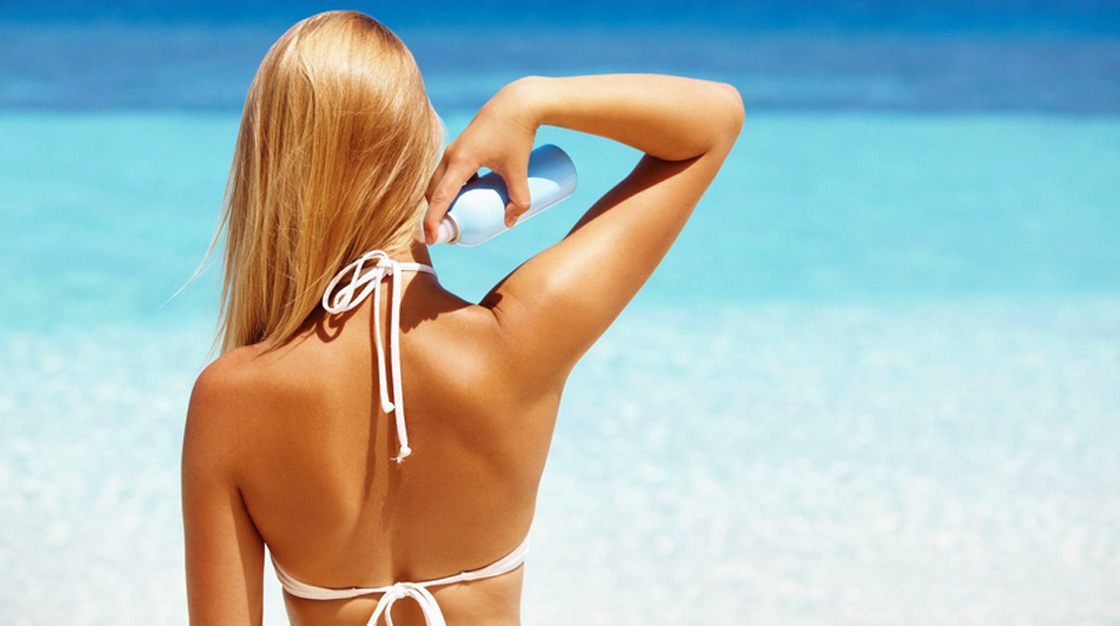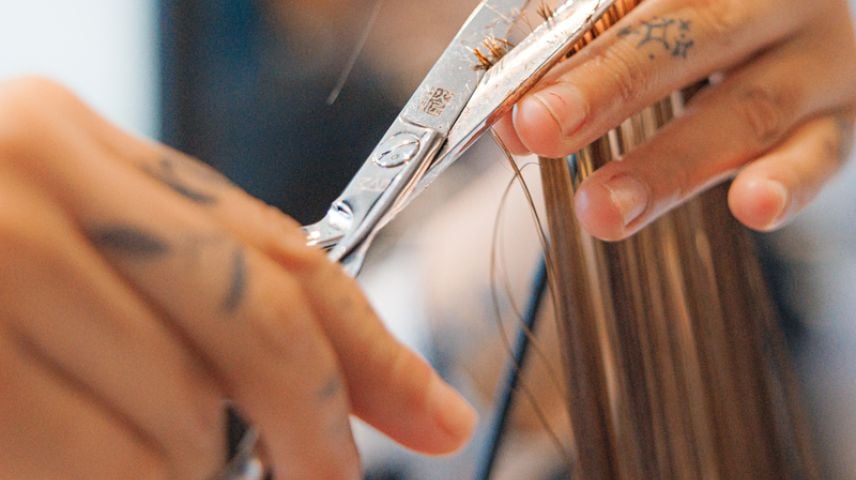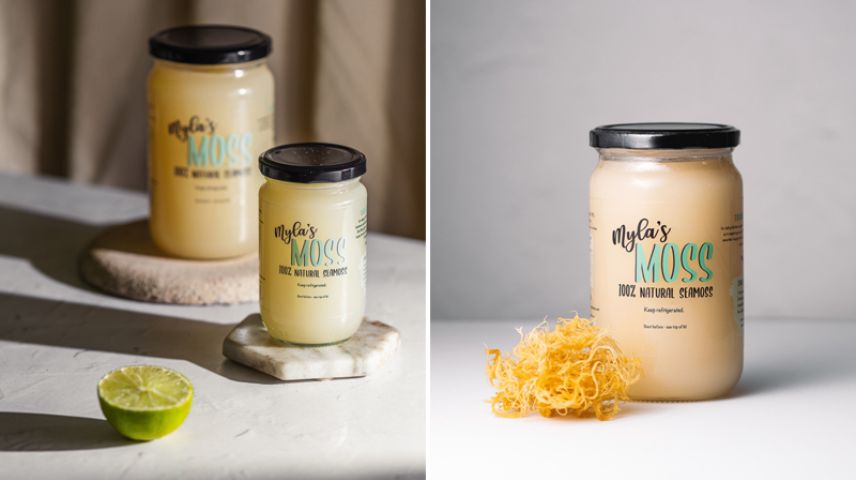Marine-Friendly SPFs

With the arrival of summer comes the need for us to slather on the SPF and protect our skin against the harsh UV rays of the sun.
Although we recommend wearing SPF all year round – it’s your best defence against premature ageing – the cost of this everyday staple has taken its toll on our environment, especially our marine life.
How is SPF damaging our oceans?
Sun protection is either chemical-based, which means it absorbs UV rays, converts them into heat and then releases them; or it’s physical-based, which means it sits on the skin’s surface reflecting the UV rays. It’s the chemical-based sunscreens that are causing the damage to our marine life. And just think about this for a second, it’s not only generic sunscreen that contains these chemicals; it is also everyday beauty and make-up products that have SPFs added to them! That’s a lot of UV filters being produced globally each year. These chemicals reach our oceans in two ways. They either come off the skin directly whilst we are in the ocean, or they are washed down the sink in our homes and back into the water supply system.
Research into chemical-based SPFs is still on going, but there is a strong link between these chemicals and coral bleaching, viruses, deformity and reproductive damage – in particular, Ethylhexyl Methoxycinnamate (known as Octinoxate) and Benzophenone-3 (known as Oxybenzone). Our reefs are already disappearing – one fifth of the world’s coral reefs have already gone or are severely damaged – so change is clearly needed!
What you can do
Tackling climate change will take each one of us changing our daily habits, however small they may be. And a great way to start is by changing your sunscreen. Hawaii has already banned over-the-counter sunscreens that contain Oxybenzone and Octinoxate being sold from the start of 2021, with other coral-rich areas following suit. Here in the UK you have a wide choice of sea-friendly SPF products including Avene, Dermalogica and Drunk Elephant. Or you can look to natural and organic brands such as Green People, Biosolis and COOLA for a mineral-based alternative.
Whilst switching SFPs is important, we can also be doing much more in our fight against climate change. Look at your entire beauty routine and see where you can go organic and eco-friendly; cut right back on your plastic use, take shorter showers, and buy from sustainable, ethical brands. All these small choices will add up to one big positive change for our environment.





